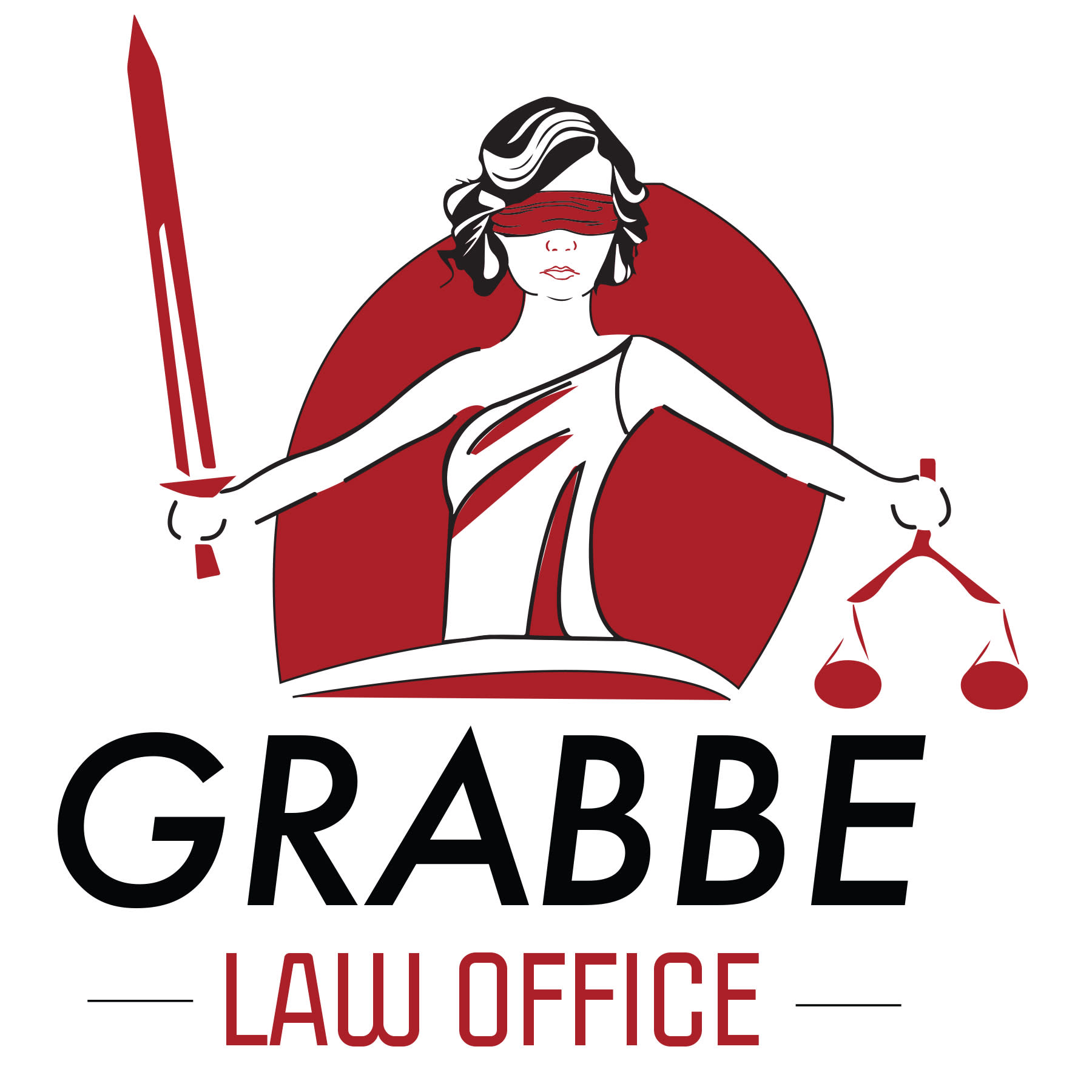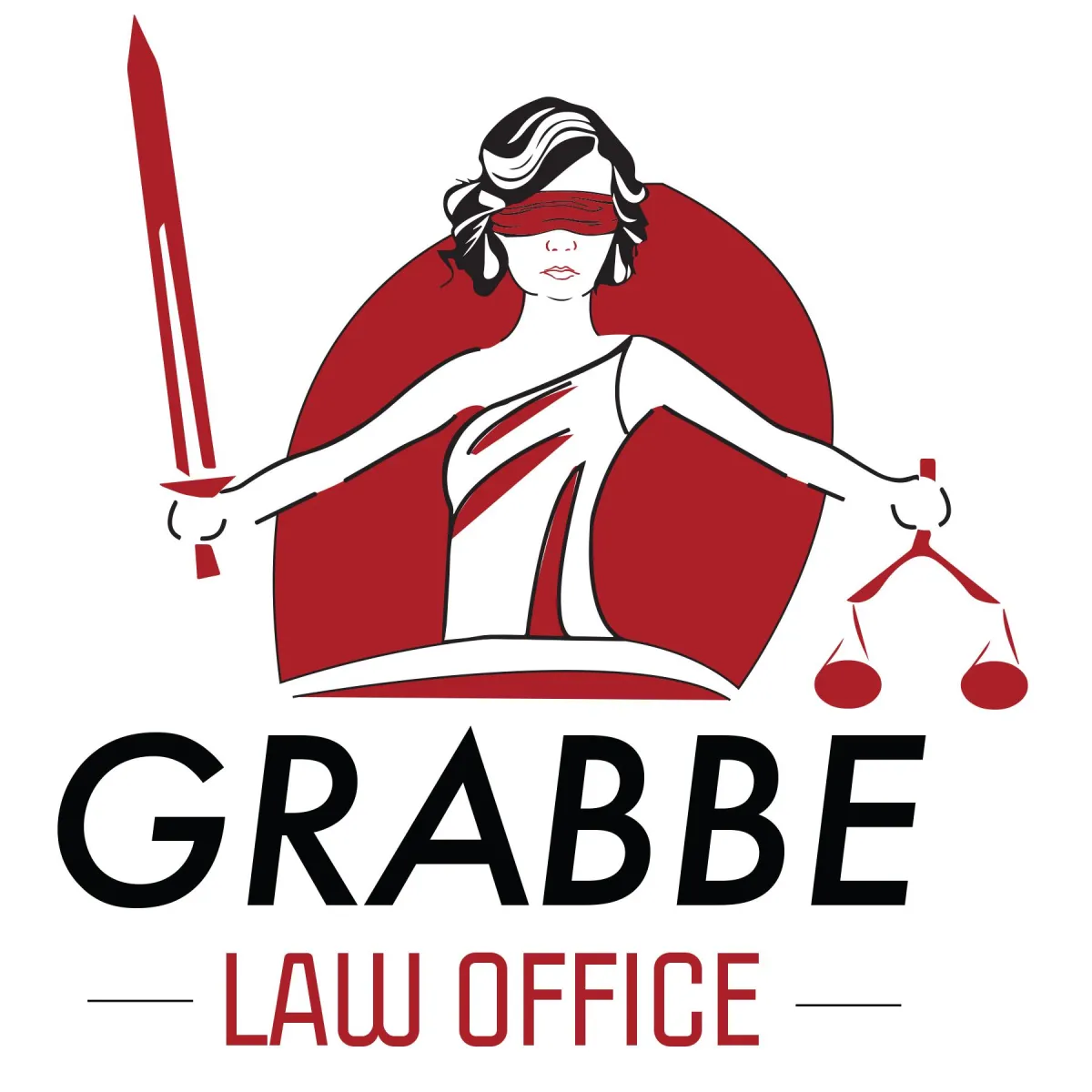Welcome to the Blog!

Registration Requirements For Trademarks
Businesses can protect their brands by registering a trademark after meeting certain registration requirements. By learning about these conditions, companies can avoid costly mistakes that may delay the registration process and leave their brands vulnerable to third-party infringement. Learn about the registration requirements for trademarks and discover how a Kansas trademark attorney from Grabbe Law Office can help clients with their intellectual property rights by scheduling a free consultation on our calendar today. Or call 785-621-4711 to schedule.
What Is a Trademark?
According to the United States Patent and Trademark Office (USPTO), trademarks refer to words, phrases, designs, symbols, or several of these things combined that identify a business’s products or services. They enable customers to recognize a particular brand, which helps companies distinguish themselves from their competitors.
This term encompasses both trademarks, relating to goods, and service marks, which companies use to protect their services. In essence, trademarks identify a good or service’s source, provide legal safeguards for brands, and help prevent fraud and counterfeiting.
Trademark Types
Here are examples of the types of trademarks businesses may register:
· Word marks: These trademarks include Latin characters, words, and letters. Word marks do not include design elements, such as stylized characters or words.
· Design marks: Unlike word marks, these include stylized characters and words.
· Color marks: Marks that include a specific color to further demonstrate distinctiveness in a trademark application.
· Shape marks: These refer to a product’s design, packaging, configuration, or shape. Successful shape mark applications include a drawing and description.
· Sound marks: When applying for these trademarks, it is necessary to submit an audio clip, the sound’s description, and a transcript of any spoken words.
· Flavor or scent marks: Effective applications for these marks include thorough descriptions of a distinct flavor or scent. Additionally, it is necessary for applicants to submit flavor or scent specimens matching the description.
· Touch marks: For these applications, a graphical representation is necessary.
· Motion marks: These trademark applications include a detailed description and drawing. For instance, the application may have a single drawing demonstrating the entire movement or several drawings (freeze frames) that depict each movement’s stages.
What Are the Requirements for Registering Trademarks?
When applying for trademarks, it is necessary to provide certain details, including a product’s description and contact information, to the USPTO. Using the information provided in a trademark registration application, the USPTO then decides whether to award a registered trademark. To pass the registration process, it is essential to meet the following conditions:
· Provide the prospective trademark owner’s name and address.
· Outline whether the mark concerns a business or individual and give the trademark owner’s national citizenship.
· Give proof of the mark’s actual use, or intention to use, in commerce.
· Submit a thorough product description.
· Include a trademark specimen or drawing.
· Add the date of the trademark’s first use.
In addition to fulfilling these requirements, it is necessary for aspiring trademark owners to pay a fee ranging from $250 to $350. Consider contacting a seasoned Kansas trademark attorney from Grabbe Law Office to explore registration requirements for trademarks in more detail.
Understanding Trademark Eligibility
For products to achieve trademark status, it is essential for the prospective trademark owner to demonstrate that the product is distinctive and in use. Below is more information regarding these conditions.
In Use
This condition means the potential trademark owner is already selling the product. However, these individuals or businesses may also fulfill this requirement if they can demonstrate an intention to use the mark, which they can achieve by submitting a good faith statement with their application and a later statement showing actual use.
If an aspiring trademark owner decides to do this, it is necessary for them to use the mark before its registration. At this point, they can submit a statement of use and give proof of use, or an application for an extension to prove use, or the mark will not register.
Distinctive
Since trademarks distinguish a business’s products from another company, they require an element of distinctiveness. Using the following categories, the USPTO determines whether a trademark is distinct:
· Arbitrary, suggestive, or fanciful: Marks falling into these categories are inherently distinctive.
· Descriptive: These trademarks only gain registration when the mark takes on an additional meaning or meets additional requirements.
· Generic: Registered trademarks are unique, so prospective marks falling into this category never gain registration. Marks can become generic through use and as time passes, meaning existing marks may eventually lose their element of distinctiveness.
Importance of Trademark Requirements
Trademark requirements help maintain the quality of trademarks and ensure fair commerce and trade. By meeting these requirements, trademark holders may gain the following benefits:
· Legal protections: Registering a trademark provides businesses with nationwide legal protections that prevent infringement. Moreover, a registered mark may become incontestable after continuous use for five years, reducing infringement risks further. In contrast, unregistered marks only receive state-level legal protections, which can vary drastically between states.
· Brand identification: Registered trademarks allow customers to identify unique companies or goods. They define businesses and protect customers by encouraging them to make purchases with reputable companies. Customers can easily identify the source of a registered trademark, enabling them to make judgements about a business’s products before buying them.
· Other benefits: The additional benefits of having a registered trademark include the ability to recover lawyer fees after infringement suits and the ability to recover lost profits and damages for infringement. Additionally, it enables businesses to adopt the trademark registration symbol, which deters trademark infringement.
What Cannot Businesses Trademark?
Businesses cannot trademark the following:
· A living individual’s name, unless this individual provides consent
· Similar marks that may cause confusion
· Coat of arms or flags of governments
· Government emblems
· A deceased president’s name or picture, unless the widow provides consent
· Descriptive marks, including marks that describe goods, a good’s features or qualities, an individual’s name, or locations
· Words or symbols belittling deceased or living individuals, national symbols, institutions, or beliefs
· Immoral, scandalous, or deceptive (although this was challenged using first amendment rights arguments and now allows for the trademarking of certain types of words)
If a business wishes to register a trademark at the federal level, it is necessary for them to sell the product in multiple states; otherwise, it can only receive state-level protections.
Contact a Kansas Trademark Attorney Today
According to the USPTO, trademark applications in 2021 increased by 63%, resulting in additional waiting times for application reviews. This highlights the importance of meeting the trademark registration requirements in the first instance to avoid unnecessary delays to the registration process. Find out how a Kansas trademark attorney from Grabbe Law Office can help with registration requirements for trademarks and other IP issues by calling 785-621-4711 or scheduling a visit on our calendar today.








